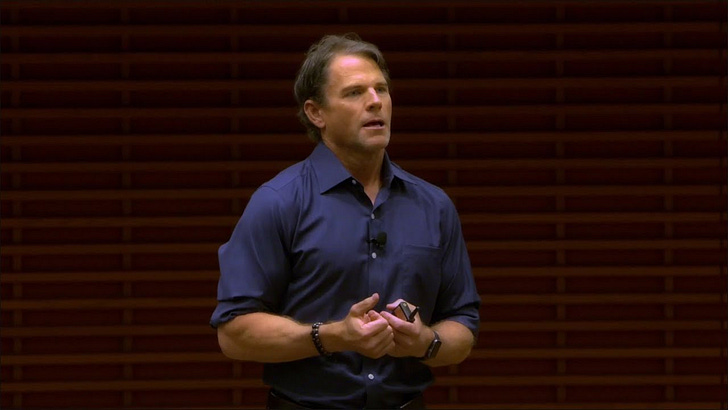Four small stories first.
1. Actress Gloria Swanson turned down a $1 million movie contract in 1927.
The studio was stunned, and asked why she balked.
“I would have been the second or third person in movie history to sign a million-dollar contract, but I was the very first to turn one down,” she said.
That remark made headlines and helped her become even more famous, which, I assume, was the point. Glorious Gloria.
Kevin Kelly put it well when he said, “Don’t try to be the best. Be the only.”
2. Sugar, milk, and eggs were all rationed in the US, during World War II. Many food companies adapted to use different, often lower-quality, ingredients to get by.
See’s Candy was so obsessed with quality that it refused to lower its standards.
During the holiday season it closed down and put up signs in its store, “Sold out. Buy war bonds for Christmas.”
3. In 1955, recent college graduate Morris Chang was offered two jobs: One at Ford for a salary of $479 a month, and one at Sylvania for $480 a month.
Ford seemed like the better opportunity, and Chang asked the Ford recruiters to match his Sylvania offer – a miserly $1 a month more.
Ford declined. So Chang took the job at Sylvania, where he learned about – and became an expert in – the growing field of transistors and microchips.
Chang eventually founded Taiwan Semiconductor (TSMC), which is worth almost half a trillion dollars today and is the undisputed world leader in producing the most sophisticated chips.
Profitable, no? Or profitable no?
4. Jack Ma, of Alibaba, was rejected by multiple venture capitalists before finding success. One particularly famous rejection was from a VC who told him that he should "get a job at KFC" instead.
However, Ma persevered1 and eventually founded Alibaba, which became the world's largest e-commerce company and made him a billionaire and one of the most wellknown businessmen in, and from, China.
The common thread connecting these 4 stories is that saying "no" (or hearing it from others) can sometimes be the first step to eventual success. No does not have to be negative.
This is also true for the ordinary Joe or Jane working in a small or large company. Learning to say “no” is key to finding balance, productivity, and happiness in the workplace and in life.
Saying "no" helps us prioritize and avoid being stretched too thin, which ultimately leads to greater effectiveness. Saying "no" is also a way to maintain authenticity and focus on the things that really matter — by saying "no" to some things, we create time and energy to say "yes" to the things that really matter.
‘No’ way to success — if you k(no)w thyself.
Last week I wrote about doing ‘the hard work’



